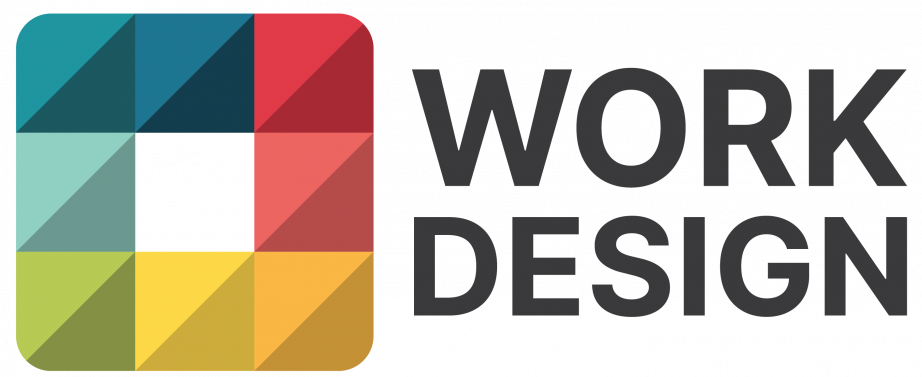Transformation expert Bree Groff shares how playful teams spark creativity, build trust, and unlock higher performance, one small moment of joy at a time.
Article originally published on Allwork.space.
This article is based on the Future of Work Podcast episode “The Real ROI of Having Fun at Work” with Bree Groff. Click here to listen to the entire episode.
What if having fun at work wasn’t just a benefit, but a core part of doing great work?
In the latest episode of The Future of Work® Podcast, transformation expert and author Bree Groff shared why fun, connection, and curiosity deserve a central place in how we think about work.
Groff has spent her career helping Fortune 500 companies like Microsoft and Google navigate complex change. Drawing on that experience, she makes a compelling case for rethinking what makes a good workday — and how to create more of them.
Rethinking the Cost of the Workweek
Many people measure their weeks in output and productivity. But Groff suggests a deeper question: how are we spending our lives?
“We are spending five sevenths of our lives each week at work. And that is far too much to consider only the input to a paycheck, only the input to a company’s bottom line,” she said during our podcast conversation.
Her point is both practical and philosophical. People perform better when they’re energized. But they also deserve to feel their time has value beyond the transactional.
Not One Kind of Fun, but Many
Groff resists a narrow definition of fun, especially at work. It’s not about ping pong tables or performative joy. Instead, she encourages people to find satisfaction in a wide range of sources — personal growth, camaraderie, mentoring, or even moments of quiet focus.
“The good thing about joy and fun at work is that you don’t have to get all of your joy from the same place,” she said.
Sometimes, it’s not about purpose or meaning. Sometimes it’s about relationships, curiosity, or mastering a skill. Fun is personal, and people should be empowered to find it in ways that are authentic to them.
Leadership Sets the Conditions
Leaders can’t manufacture joy, but they can create the space for it to emerge. That starts with paying attention to how teams work, not just what they produce.
Groff shares practical tools, like check-in rituals and “Do Nothing Days” — time set aside for deep thinking and unstructured conversation. These are not distractions. They create the conditions for better thinking, deeper collaboration, and more creative breakthroughs. And it also happens to be good for the business.
Start Local: The Power of Cozy Teams
Even if an organization isn’t fully aligned, managers and individuals still have influence. Groff encourages team leads to think of themselves as CEOs of their own small cultures. Cozy teams — where people feel psychologically safe, trusted, and known — can exist inside any company.
Small gestures matter. Making space for a quick laugh, checking in sincerely, or sharing the real reasons someone has their camera off can shift the entire tone of a team. And when all else fails, Groff suggests “thin-slicing” joy: finding even a minute in the day — like a peaceful coffee break — and fully enjoying it.
Fun Is Not Optional
Groff’s perspective doesn’t ask for less work; it asks for better work. She makes it clear that fun is not a tradeoff with performance, but rather a foundation for it.
Work will always bring challenges. But most of our lives are spent working. That time deserves to be well used, well felt, and yes, fun.



